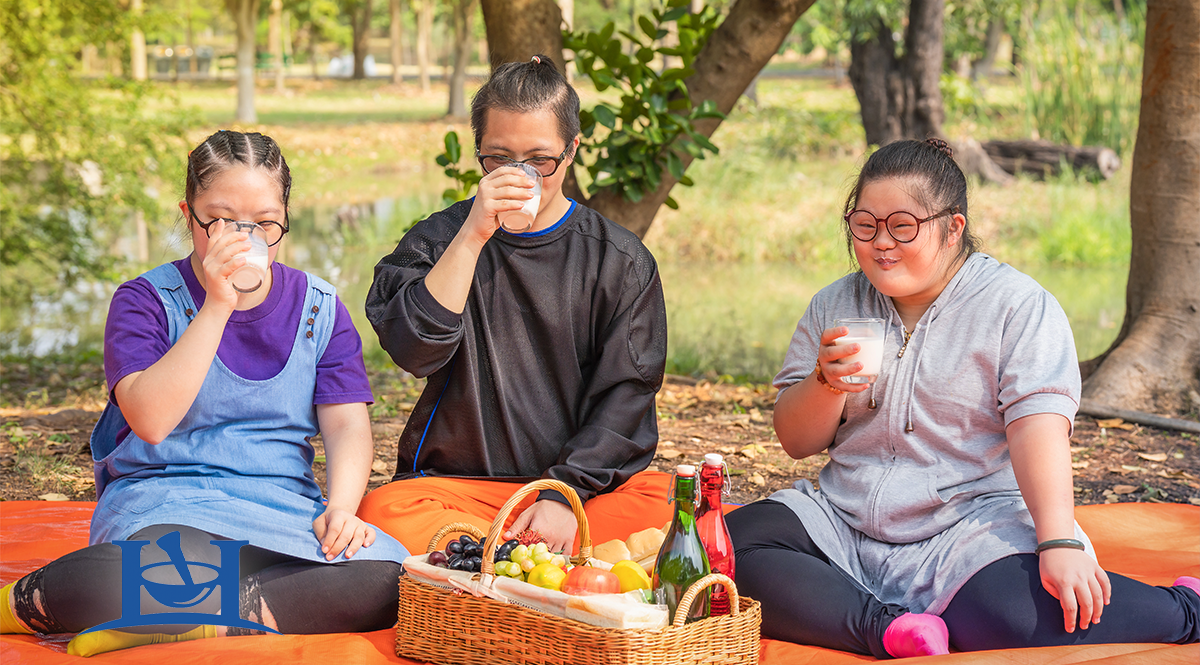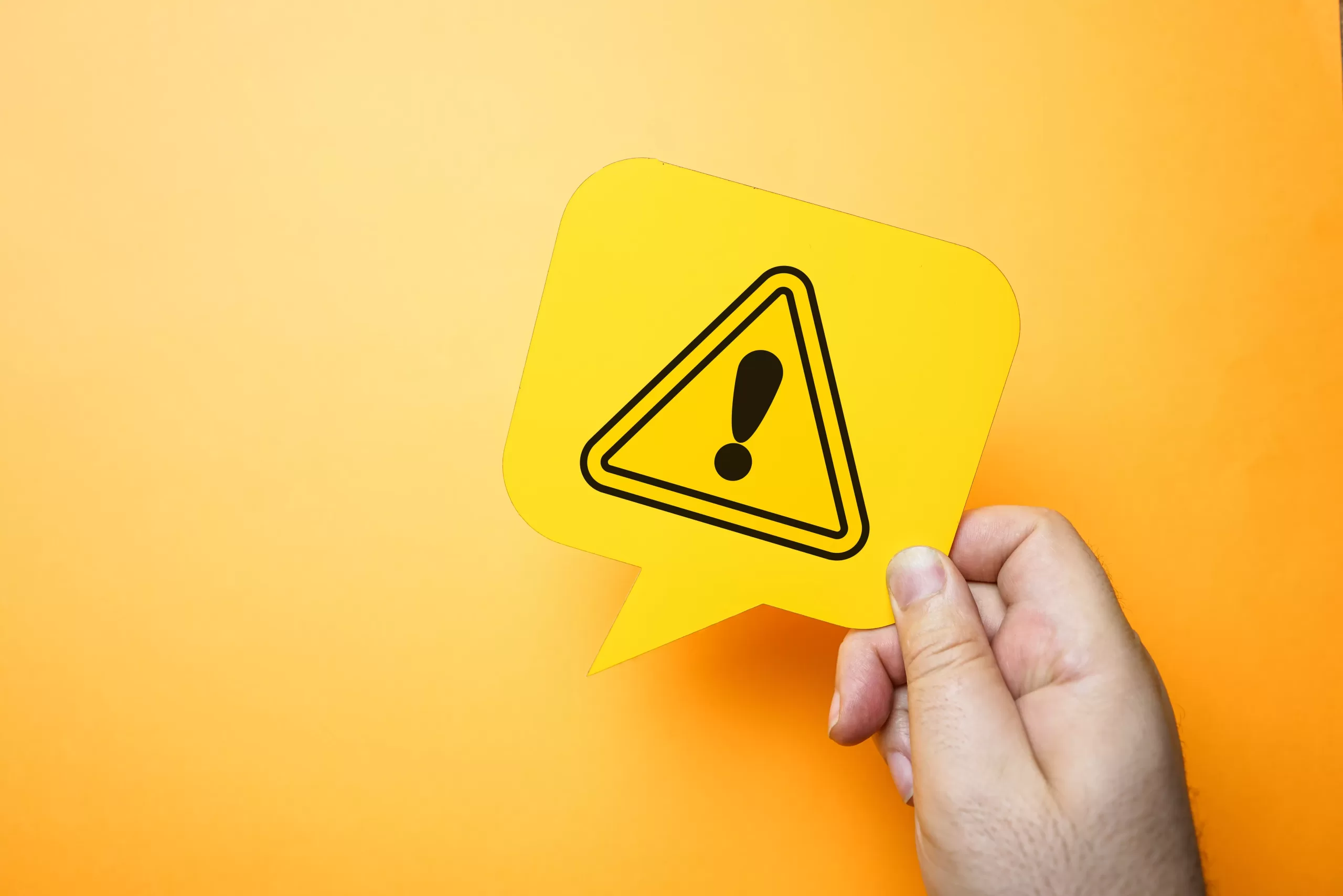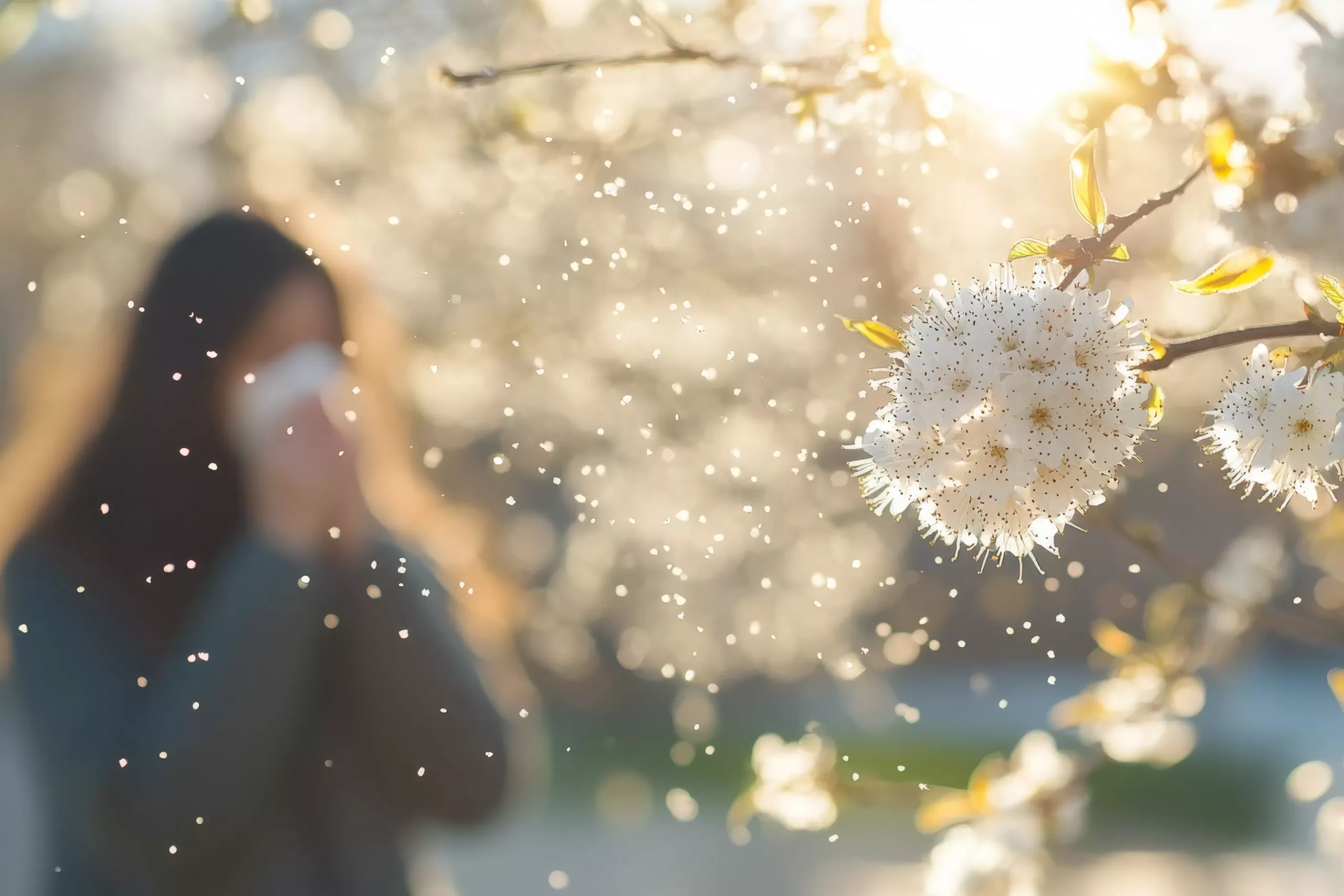Reducing the Effects of Pollen: How to Manage Your Resident’s Allergies This Spring
Reducing the Effects of Pollen: How to Manage Your Resident’s Allergies This Spring
The sun is shining, and the birds are singing. Spring has finally arrived, but for many people, it's not a time to celebrate. That's because springtime kicks off allergy season. Pollen in the air can cause sneezing, coughing, and watery eyes. If of of your residents is one of the millions of Americans who suffer from spring allergies, don't worry, we've got you covered. We'll discuss how the effects of pollen can be reduced, why people suffer from allergies in the spring, and what they can do to help symptoms.
Why Do Seasonal Allergies Occur?
The main culprit is tree pollen. Pollen from trees such as oak, maple, and birch can trigger allergies. Grass pollen is also a common trigger for people with seasonal allergies. In the spring, these pollens are released into the air, where they can be inhaled.
Pollen is one of the most common allergens in the world. It's a fine powder that's released by trees, flowers, and grasses. When pollen enters your nose, it can trigger an allergic reaction. Symptoms include sneezing, coughing, watery eyes, and a runny nose. If you have pollen allergies, you're not alone. In fact, according to the Asthma and Allergy Foundation of America (AAFA), about 30% of adults and 40% of children in the United States suffer from some form of allergies. So why do people suffer from allergies in the spring? There are a few reasons.
- Pollen levels are higher in the springtime because plants are trying to reproduce.
- The weather is warmer in the spring, which means pollen can stay airborne for more extended periods.
- People tend to spend more time outdoors in the spring, which means they're exposed to pollen for extended periods.
How to Reduce the Effects of Pollen
- Try to stay indoors when pollen levels are high. You don't have to avoid the outdoors entirely, but you can check the pollen count on www.weather.com for your specific area.
- Avoid activities that will cause you to breathe in pollen, such as mowing the lawn or gardening.
- Use an air purifier to help remove pollen from the air.
- Take showers and wash your clothes after being outdoors to remove pollen from your body.
Ways to Ease Allergy Symptoms
Taking over-the-counter medications such as antihistamines can help reduce sneezing, itching, and watery eyes. Opting for nasal sprays and eye drops can also help reduce symptoms. However, if you have severe allergies, you may need to see an allergist for prescription medication. No matter your pollen allergy, we hope these tips will help you get through the spring season.
Contact Hudson Regional LTC Pharmacy
If any of your long-term care residents are suffering from seasonal allergies, please reach out to one of our pharmacists so we can assist. You can always count on service with a smile from Hudson Regional LTC Pharmacy. Don’t hesitate to contact us if you have any questions, call us at 845-341-2714.





